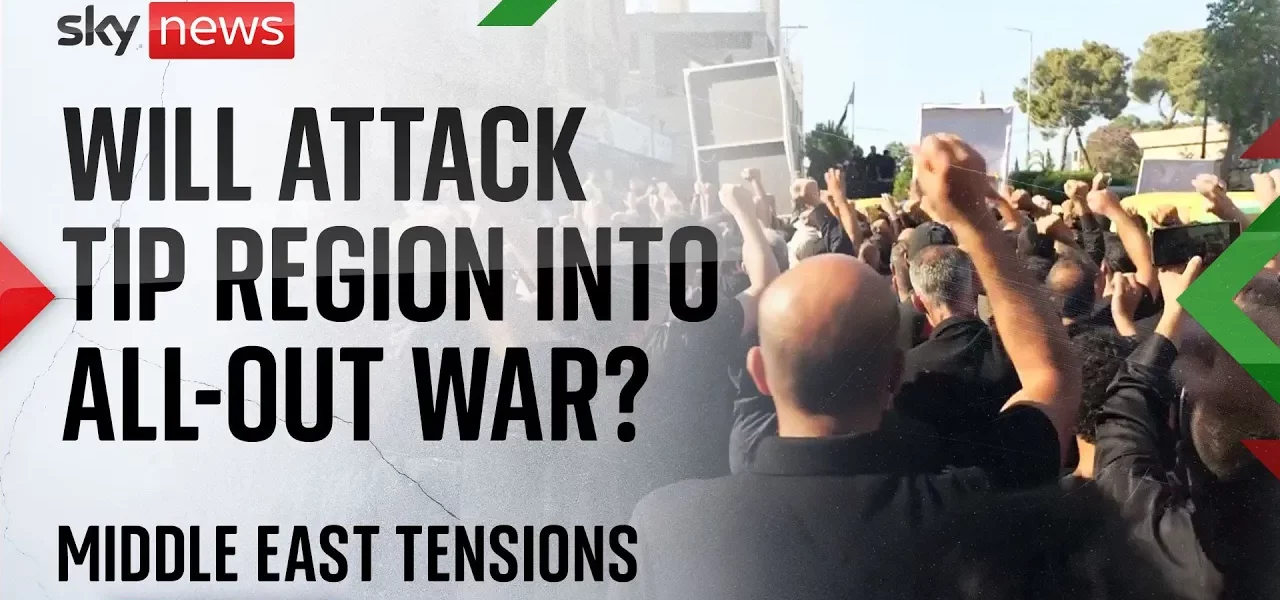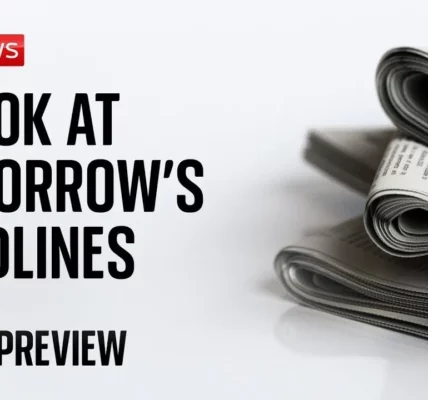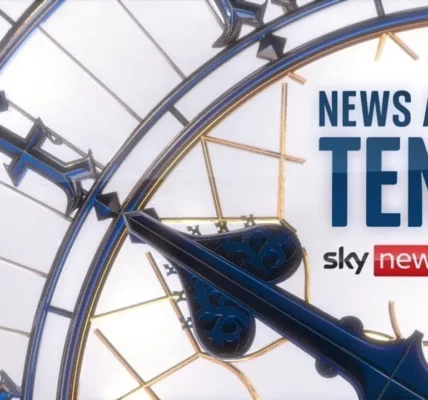Hezbollah Fighters in Beirut: Rising Tensions and Regional Implications

This article delves into the heightened tensions surrounding Hezbollah fighters in Beirut, examining their defiance against Israeli threats and the potential for escalating conflict in the region. We analyze the recent events, the group’s response, and the broader implications for Lebanon and the Middle East.
Introduction
The situation in Beirut has become increasingly volatile as Hezbollah fighters engage in fresh funerals, showcasing their unwavering loyalty to the group amidst escalating threats from Israel. This article aims to explore the complexities of this situation, highlighting how Hezbollah’s defiance appears to be growing stronger despite international designations of the group as a terrorist organization. The backdrop of this defiance contributes to a climate of fear and anticipation, as many speculate that the region could be on the brink of widespread conflict.
The Current Landscape of Tensions
Hezbollah’s recent activities have sparked significant discourse regarding its role in the ongoing conflict with Israel. The group’s supporters and fighters display a resolute spirit, seemingly unfazed by the threats posed by the Israeli military.
Public Sentiment Among Hezbollah Supporters
Hezbollah supporters express a sense of defiance, indicating that they are prepared to confront any threats. Many assert that the possibility of all-out war does not phase them. Key sentiments include:
- “We don’t care even if we die.”
- “There is a strong belief that the Israeli Prime Minister’s actions will provoke further conflict.”
- “War will destroy both countries, but we cannot accept aggression against Lebanon.”
Allegations and Counterclaims
Hezbollah has categorically denied involvement in a recent attack on civilians, a stance that reflects the group’s long-standing pattern of targeting military rather than civilian infrastructure. This section examines the contrasting narratives surrounding the alleged attack.
The Allegations Against Hezbollah
Israeli military officials claim that Hezbollah fired an Iranian-made rocket that resulted in civilian casualties, including the deaths of children. The key points of contention include:
- Israeli military’s assertion of evidence linking Hezbollah to the rocket attack.
- Hezbollah’s denial, stating that it would not target civilians.
- The call for an independent investigation by Lebanese authorities to uncover the truth behind the attack.
Hezbollah’s Historical Targeting of Military Infrastructure
Hezbollah’s operational history reveals a pattern of focusing on military targets. The group’s leadership argues that:
- Past attacks have been aimed strictly at military vehicles and infrastructure.
- Targeting civilians contradicts their operational strategy and ideological framework.
The Role of International and Regional Powers
The involvement of international allies, particularly the United States, complicates the dynamics of the conflict. Israel has received strong backing from its allies, asserting its right to defend against perceived terrorist threats.
US Support for Israel
The United States has been vocal in its support for Israel, emphasizing the importance of a strong response to any attacks. Key aspects include:
- The US government’s condemnation of terrorism.
- Calls for Israel to take decisive action against threats from Hezbollah.
The Lebanese Government’s Stance
The Lebanese authorities have urged restraint, highlighting the potential consequences of conflict for both Lebanon and the region at large. Their stance is characterized by:
- A call for independent investigations into military actions.
- An emphasis on the need for de-escalation to avoid widespread destruction.
Conclusion
The situation in Beirut is a microcosm of the larger geopolitical tensions in the Middle East. As Hezbollah continues to display a defiant posture against Israeli threats, the specter of war looms large over Lebanon and the surrounding region. The complex interplay of local loyalties, international support, and the potential for conflict underscores the urgent need for dialogue and resolution. It is imperative for stakeholders to engage in constructive discussions to de-escalate tensions and prevent a catastrophic outbreak of violence. For more insights on the Middle Eastern geopolitical landscape, check our related articles on regional conflicts and their implications.
“`




